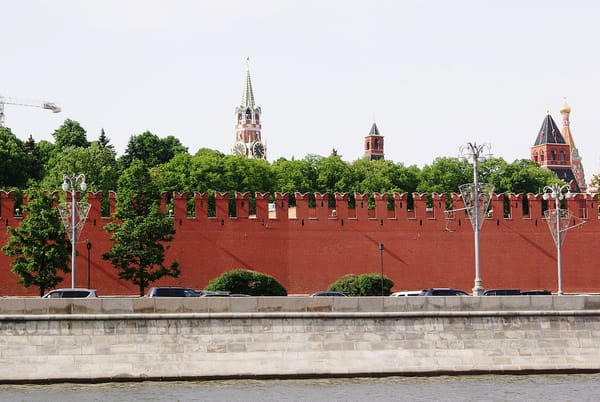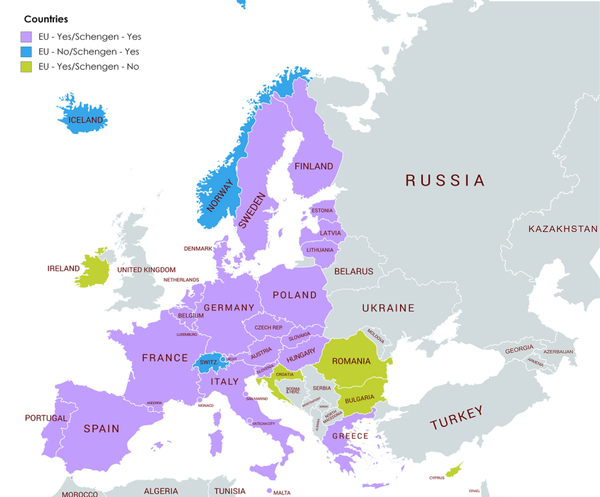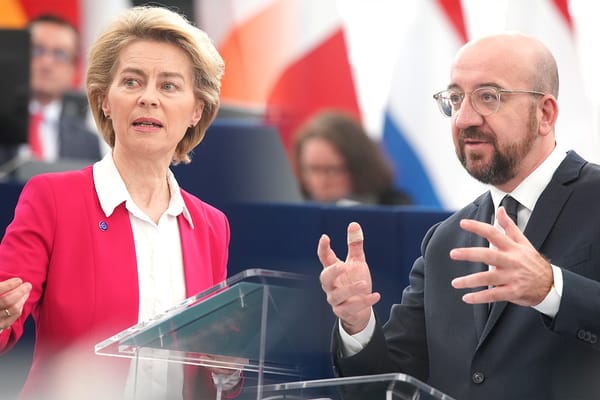
Rule of law in Western Balkans not improving despite EUR 700m in EU funds
EUR 700 million spent on developing the rule of law in the Western Balkans has failed to deliver tangible results, according to a report released by EU finance watchdog the European Court of Auditors (ECA) on Monday.
Despite the funding extended from 2014-20 on promoting justice and freedom of expression, and combatting organised crime and corruption, in the West Balkan (WB6) aspirant-EU-member countries (Albania, Kosovo, North Macedonia, Montenegro, Serbia and Bosnia and Herzegovina), the political will to drive these reforms has been lacking, the report found. While the ECA noted the accomplishment of some reforms in the WB6, it also found democratic backsliding in all of these countries, with the exception of North Macedonia.
Co-author of the report, Juhan Parts, said it was clear that EU support for the rule of law in the WB6 had not been effective. “The modest progress made over the last 20 years threatens the overall sustainability of the EU support provided under the accession process. Constant reforms lose credibility if they do not deliver tangible results,” he said.
“Overall, we found that, while EU action has contributed to reforms in technical and operational areas, such as improving the efficiency of the judiciary and the development of relevant legislation, it has had little overall impact on fundamental rule of law reforms in the region,” the ECA concluded.
Such issues have increased Western scepticism towards the WB6 and their EU accession aspirations. The European Commission (EC) identified issues across the WB6 on justice, competition regulation and public procurement, all of which also negatively impact foreign investment.
Nevertheless, in October the EU created a new EUR 9 billion economic and investment plan for the WB6 at a summit in Brdo, Slovenia in October. The bloc expressed a continued commitment for the WB6 countries to eventually join the EU, but again held off on opening accession talks with Albania and North Macedonia. In December, Albania, North Macedonia and Serbia, loosened trade, travel and movement restrictions to create a borderless trade and investment area, with their ‘Open Balkans’ initiative.
Of the EUR 24 billion in pre-accession funding earmarked for the next seven years, the EC plans to spend 5% on bolstering the rule of law in the Western Balkans.
Source: Euractiv, bniIntellinews





